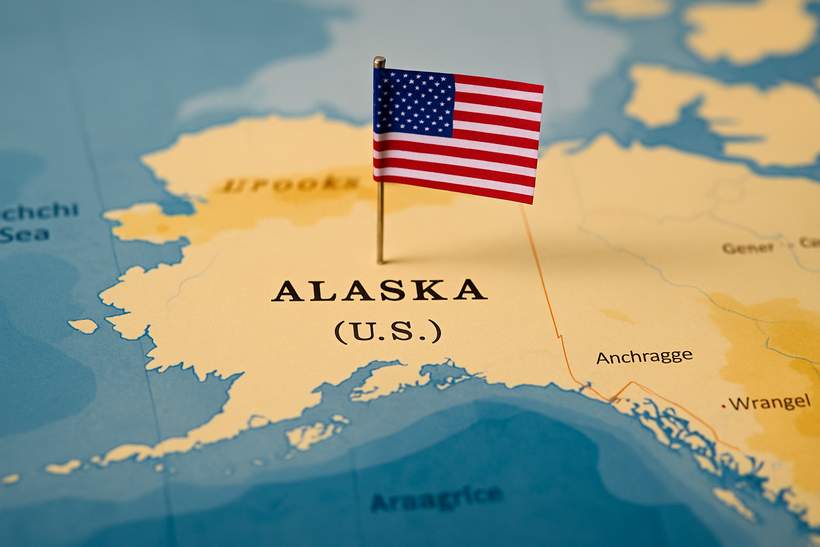Federal Reversal Brings Uncertainty to Alaska Tribal Gaming Ventures

Withdrawal of Legal Opinion Challenges Alaska Tribal Gaming
The U.S. Department of the Interior has retracted a crucial legal interpretation that previously enabled Alaska tribes to operate casino-style gaming facilities. This development casts doubt on the viability of two recently launched tribal gaming projects.
Impact on Eklutna and Tlingit-Haida Casino Initiatives
On September 25, Deputy Interior Secretary Kate MacGregor announced a decision overruling a Biden-era legal opinion, stating it was not the most accurate reading of the law. This directive instructs the National Indian Gaming Commission and other officials to reexamine earlier approvals based on the withdrawn interpretation.
Central to the issue is whether Alaska tribes possess the same gaming rights as tribes in the contiguous United States. The 1971 Alaska Native Claims Settlement Act largely replaced reservations with Native corporations and eliminated most federal trust lands held by tribes. While individual land allotments were allowed, the state contends these lands do not constitute tribal jurisdiction.
However, this stance was challenged in 2022 when the Department of the Interior recognized that Alaska tribes might have authority over certain allotment lands. Using this ruling as a foundation, the Native Village of Eklutna opened the Chin’an Gaming Hall near Anchorage earlier this year, and the Central Council of the Tlingit and Haida Indian Tribes started developing a similar facility near Juneau.
Following the recent reversal, the future of these gaming halls is uncertain. Tribal leaders are reviewing how to proceed but remain committed to maintaining their sovereignty. Aaron Leggett, President of the Eklutna tribe, confirmed that Birchwood Hall is still operational, contributing jobs and revenue. Richard Peterson, President of Tlingit and Haida, acknowledged the anticipated legal challenges and reaffirmed the tribe’s dedication to fostering economic growth for its members.
State Authorities Support the Reversal as Tribes Brace for Legal Disputes
Meanwhile, state officials have praised the Department of the Interior’s decision. Alaska’s Attorney General-designee, Stephen Cox, stated that the move reinstates the jurisdictional framework intended by Congress and supported by previous court decisions, highlighting Alaska’s distinctive legal context within federal Indian law.
This policy shift could affect ongoing lawsuits. A federal appeals court is reviewing a case brought by nearby landowners opposing the Eklutna gaming facility, while a separate state lawsuit remains on hold pending that outcome. If construction advances, the Juneau tribal project is also expected to face legal opposition.
Bob Anderson, former Interior solicitor and author of the Biden-era opinion, criticized the change, pointing out that tribes in the Lower 48 have operated under similar laws for years. He predicted that Alaska tribes are likely to succeed in future court battles.
Currently, the Birchwood gaming hall continues to operate, but the broader question of tribal gaming rights on Alaska allotment lands remains unresolved. Both projects are now vulnerable to evolving federal policies and ongoing legal challenges.